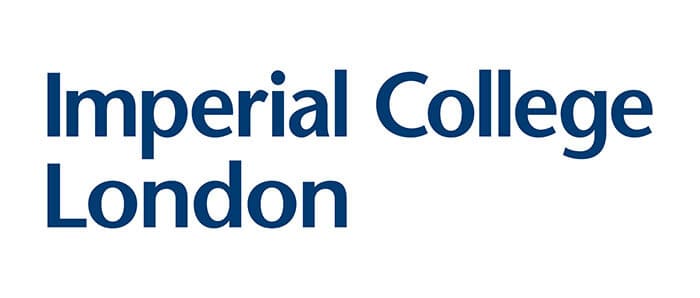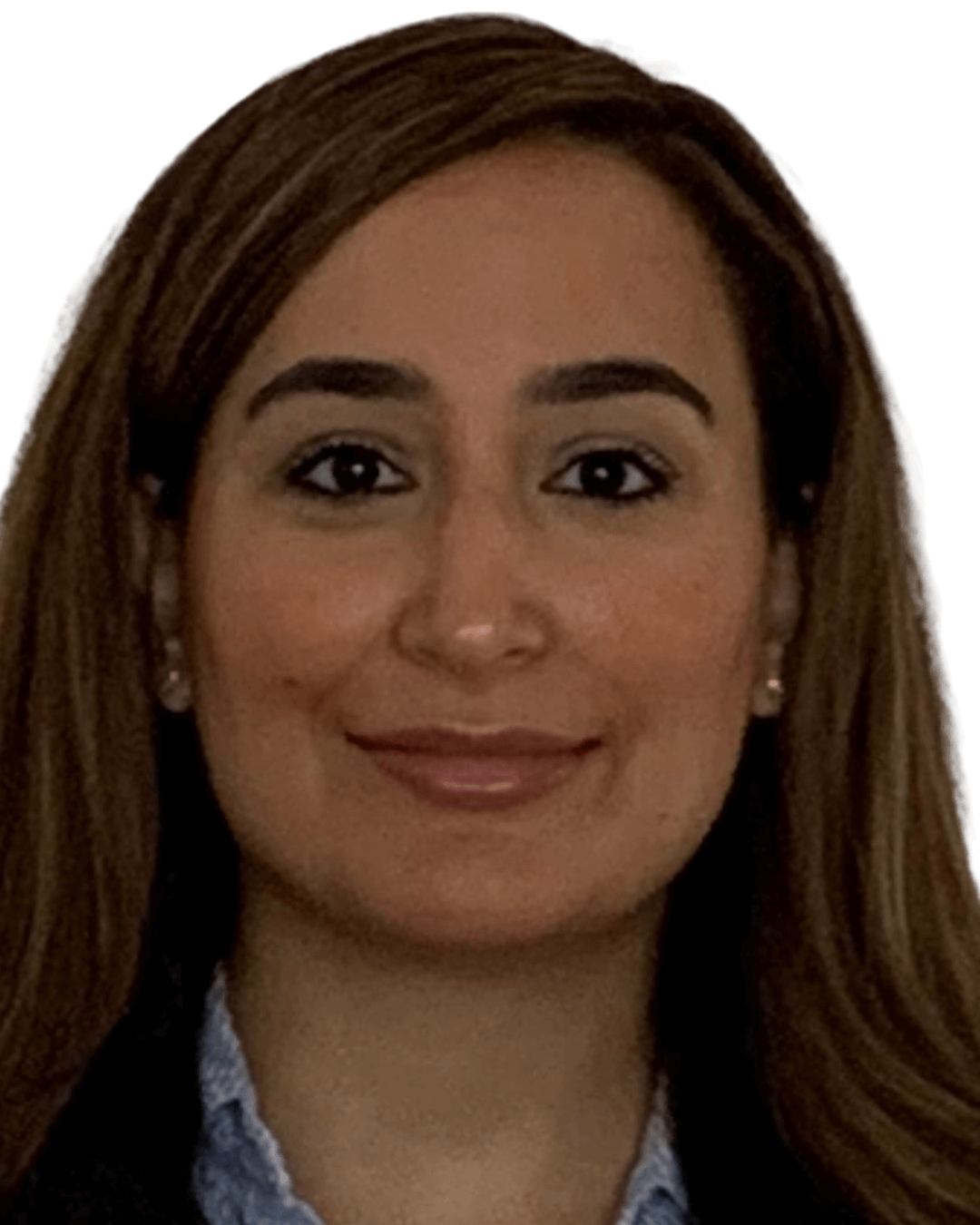2022 Research Award
Predicting successful outcomes following TEVAR for aortic dissection

Project Overview
One out of four aortic dissection patients will need emergency thoracic endovascular aortic repair (TEVAR) whereby a stent is placed inside the aorta to seal the tear in the aorta. While TEVAR is an immediately life-saving procedure, the future for patients post-AD is concerning as the remaining aorta above and below the stent may continue to grow into a swelling. The risk of a ‘post-dissection aneurysm’ developing is high and currently occurs in 4 out of 5 patients. These aneurysms can rupture at any time, leading to severe internal bleeding and even death.
It is not currently understood why some patients who have had a TEVAR go on to develop this complication whereas in other patients TEVAR can completely heal the aorta.
The 2022 American Heart Association Scientific Statement noted a critical knowledge gap regarding the relationship between hemodynamics within the dissected aorta and aneurysmal progression and complications, and the requirement to create risk prediction models that take hemodynamics into account.
Project Aim
This project will evaluate the way blood flows inside the dissected aorta and the pressure and forces exerted on the aorta in the development of ‘post-dissection aneurysms’. The hemodynamics inside the stented aorta will be measured using a unique non-invasive magnetic resonance scan (MRI) termed 4D-flow MRI. A better understanding of the hemodynamic measures that cause the stented aorta to grow will help to identify which patients are at the most risk of aneurysmal formation early on in their disease process, and those who would benefit from an operation to prevent aortic rupture.
Results and findings will be published in late 2023 in a high-impact journal and at major national and international cardiovascular conferences with support from The Aortic Dissection Charitable Trust, Circulation Foundation, and Imperial College Healthcare NHS Trust websites.
Project Lead
Lydia Hanna
Imperial College London, UK
Lydia is a vascular surgery registrar within the Kent, Surrey and Sussex Deanery. She is passionate about improving patient outcomes and the standard of care delivered to patients diagnosed with aortic disease. Her research interests span across the entire patient pathway, ranging from diagnosis, and treatment to long-term holistic care in the community.
She is currently investigating the potential of combining aortic haemodynamics and advanced 4D imaging techniques to improve the accuracy through which one may diagnose, monitor and predict the trajectory of aortic disease.
Her doctoral work at Imperial College London centred around the role of neuroprotective adjuncts to prevent stroke and cognitive impairment in patients undergoing thoracic endovascular repair (TEVAR). Her work has led directly to the INTERCEPT CO2 trial, an international randomised controlled trial, jointly funded by Heart Research UK and the JP Moulton Charitable Trust, which aims to assess the efficacy of carbon-dioxide flushing compared to standard saline flushing to prevent stroke and cognitive impairment during TEVAR.
Lastly, to better understand the impact of diagnosis and treatment strategies on the quality of life and ‘survivorship’ of those who live with aortic dissection, she is co-developing an aortic dissection specific quality of life tool alongside collaborators from USA, Europe and Asia.
All of her research efforts are undertaken through the London Aortic Mechanobiology Working Group and the Aortic Dissection Collaborative.

Join the research panel
Do you want to be involved in this and future research projects? Your experience and perspective are critical as a survivor, relative, or family member who has lost a loved one to AD.

Privacy Policy | Accessibility
The Aortic Dissection Charitable Trust
Registered charity in England & Wales No. 1191420
Registered charity in Scotland No. SC051517
PO Box 812, Hope Valley, Chesterfield S40 9QY
The information and materials on this site are for general information purposes only. This site is not designed to provide individual medical advice, diagnosis or treatment. If you have any concerns, please speak to your GP. If you believe you have a medical emergency, call 999 immediately.


